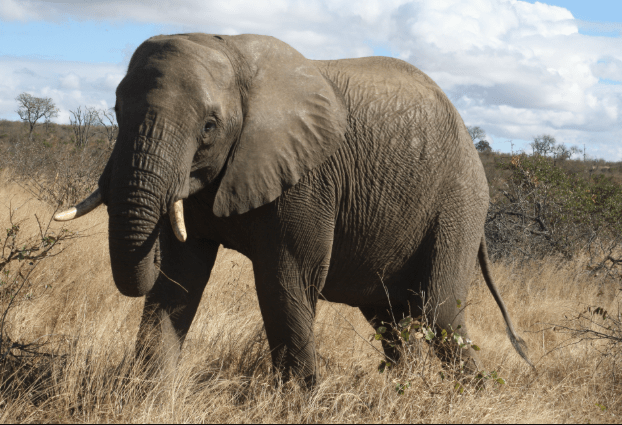British trophy hunters have come under renewed scrutiny after importing body parts from dozens of endangered animals in a single year, including elephants, lions, and cheetahs.
A leading wildlife campaign group has revealed that in 2023 alone, 188 trophies from 28 threatened species were shipped into the UK.
The revelations come just a year after the UK government dropped a proposed ban on trophy imports, despite earlier manifesto pledges from both the Conservative and Labour parties.
Elephants, Lions and Other Wildlife Killed for Sport
According to the latest data from the Convention on International Trade in Endangered Species (CITES), imports into the UK in 2023 included:
- Three full African elephant bodies, along with four tusks, four ears, and four bones, representing at least five elephants killed
- 26 lions, 21 giraffes, and five zebra skins
- Seven caracals, three leopards, and two cougars
- Two hippos and two scimitar oryx
- Primates, including baboons and vervet monkeys
- Trophy parts from crocodiles, bears (including from Canada, Russia, and Croatia), civets, pythons, aardwolves, honey badgers, and wild goats
While the lions were captive-bred, the vast majority of the other animals were hunted in the wild, mostly across Africa.
Endangered Species Hunted for Trophies
The data underscores a disturbing trend. Despite mounting global concerns, British hunters remain active participants in the global trophy hunting industry.
Experts warn that African elephants are edging closer to extinction, with nearly two-thirds wiped out in the past six decades, according to the International Union for Conservation of Nature.
Globally, trophy hunting remains lucrative. In 2023, nearly 1,800 giraffe trophies were taken home by international hunters. Holiday packages advertising hunts for endangered leopards continue to be sold online for as much as £116,000.
Campaigners Push for a Ban
Eduardo Goncalves, founder of the Campaign to Ban Trophy Hunting, has launched a new documentary, Britain’s Trophy Hunters, along with three books exposing the UK’s role in the trade.
The campaign marks ten years since the killing of Cecil the lion in Zimbabwe – an incident that provoked international outrage.
The film showcases footage from inside British trophy hunters’ homes and South African hunting estates frequented by UK clients.
The campaign has gained high-profile backing, including from TV naturalist Chris Packham and actress Dame Joanna Lumley.
“Goncalves destroys the myth that trophy-hunting is just a handful of Americans. He exposes Britain’s shameful role, and why the government must act now,” said Dame Joanna.
Both major parties have pledged action in their past manifestos. Yet, despite public support for a ban, legislative progress has stalled.
A private member’s bill introduced by Conservative MP David Reed, which seeks to outlaw trophy imports, is due for a second reading in Parliament on 11 July. However, such bills rarely progress without government endorsement.
Mr Goncalves has called repeatedly for ministers to bring back a government-backed bill to finally outlaw the trade.
A spokesperson for the Department for Environment, Food and Rural Affairs (DEFRA) reiterated the government’s commitment, stating: “The government was elected on a mandate to ban the import of hunting trophies – that is exactly what we will do.”
With public pressure mounting and time running out for many endangered species, all eyes are now on Parliament. The second reading on 11 July could prove pivotal. Campaigners are urging lawmakers to act before more wildlife falls victim to the hunt.






